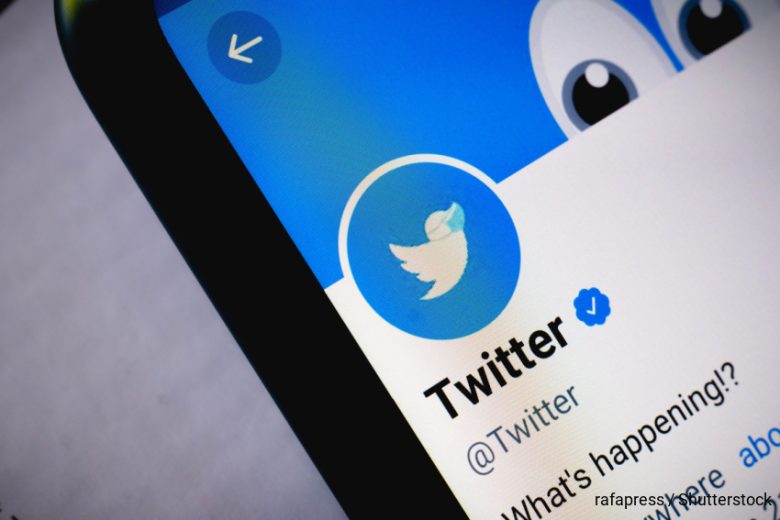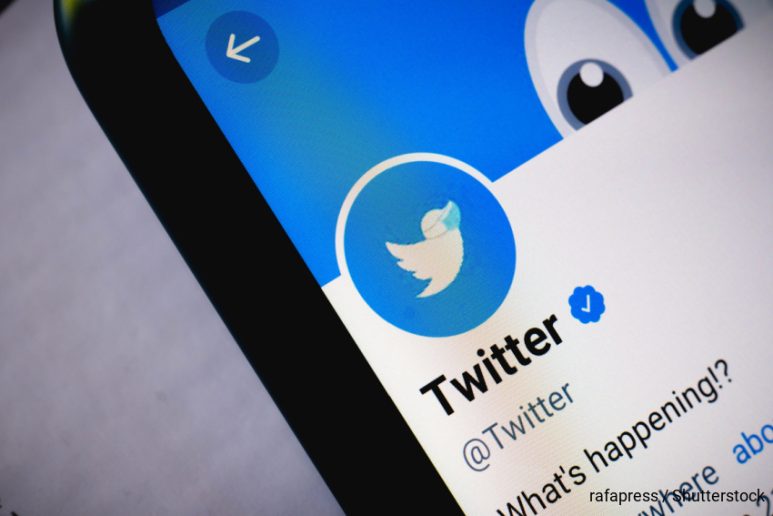By Shade Mary-Ann Olaoye
After months of back and forth, on the 28th of October, Elon Musk finally took ownership of the social platform, Twitter. In his words via a tweet, “the bird app is freed”- reflecting his desire to implement a number of technical and operational changes which are to come. However, marginalized groups in Nigeria are worried.
One of the largest social media platforms that connects people all over the world in real time, the micro blogging app has become a powerful tool used to not just connect and revive news, but also amplify and give a platform for societal issues. The number of Twitter’s active is conflicting, but according to Statista during the second quarter of 2022 “the number of global monetizable daily active users (mDAU) on Twitter amounted to 237.8 million users, up from 229 million mDAU in the previous quarter”. The app’s widespread usage has offered the public an accessible route for online advocacy, hashtag activism and raising of awareness. Worldwide campaigns like #MeToo #BlackLivesMatter #HeforShe etc have been made more powerful with the use of Twitter.

Nigeria has not been left out as hashtags like #BringBackOurGirls #QueerNigerianLivesMatter #EndPoliceBrutality have been created to boost awareness in other parts of the world, giving people the chance to take a front row seat to the country’s plight, offering solidarity, support and a way to call for the government to take action.
With a tool as big and powerful as this, it’s not surprising some groups were eager for details of proposed major updates and changes that may alter long established community guidelines.
Elon Musk “Chief Twit”, as his Twitter bio profile reads, has made it known that he intends to transform the platform by loosening content moderation, restoring banned accounts and adding an edit feature. In his words, “our platform must be warm and welcoming to all”. His most significant change is the payment for a verification badge.
The check sign, which is the platform’s signature feature, was reserved for government officials, agencies, celebrities, journalists and other public figures who have met certain criteria for verification. Overhauling the significance of the blue tick and the way verification works can present a whole new set of problems worldwide, but also in a country like Nigeria where misinformation and impersonation [for fraudulent reasons] thrives.
“People might not know who to trust anymore with every and all accounts getting verified through blue Twitter”, laments Chisom, a culture and technology journalist living in Nigeria.
With an eight dollar monthly charge, Nigerian journalists like Pelumi Salako says he is concerned.
“Nigerian journalists rely on social media platforms like Twitter for news gathering and to source respondents and experts for stories. When I reach out to people for comments, I know that my blue tick gives me some form of credibility; that I am genuine and that makes them want to talk to me. I cannot afford to pay eight dollars every month to maintain that tick. That means I may not get quick responses that help me do my job and file my articles on time or I may have to wait for longer periods before they respond,” he reveals.
Having fewer safety measures against misinformation and extremism will make it difficult for vulnerable users like women, people of a marginalized nationality, and LGBTQIA+ persons to shield themselves from hateful vitriol.
“The platform might not look dictatorial to everyone, but to minorities, this is nothing less than a totalitarian government basking behind people’s thoughts just to mask their own flaws. I have noticed that within the course of this month, some people became more dormant on the platform because I think they were tired of just reporting accounts and having nothing done.” explains Ugonna-Ora, a Nigerian journalist covering fashion and art.
With a plan to reinstate suspended accounts like the right wing voices known for spreading conspiracy theories and hateful rhetoric, feminist organizer and advisor Moyomade expresses their concern at what this would mean to the global community.
“The changes seem to be disastrous for communities against racism and patriarchy. For instance, there are more emboldened conservatives who feel powerful enough to use slurs against historically marginalized people without the fear of losing their account,” Moyomade shares.
A scenario like this can be quite disturbing given the fact that Nigeria is still a deeply homophobic state that remains unsafe for queer Nigerians. While these worries come to fore, there is also the concern of how Twitter might negatively impact feminist organizing.
“In the event that that happens- that is Twitter becoming a tool for spreading right wing ideologies- feminists across the world might lose access to valid support systems, community and resources they find on the app. It might get harder to even use this app to raise awareness,” Moyomade added.
“However, the work didn’t start on Twitter and does not end here. In the meantime, Twitter still serves its functions, at least, here on my own end,” they add, giving hope to the situation.

